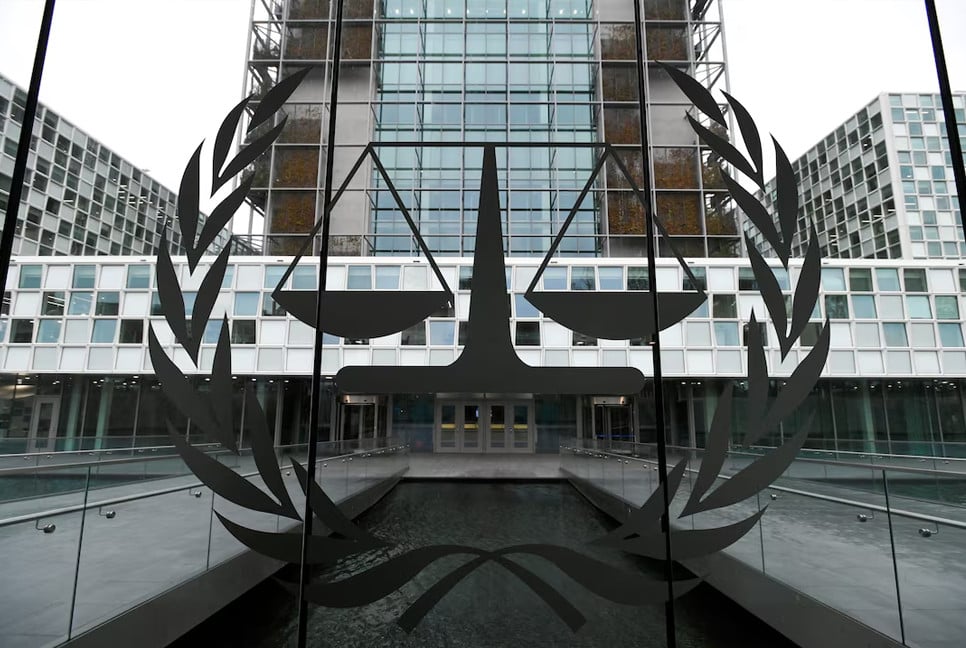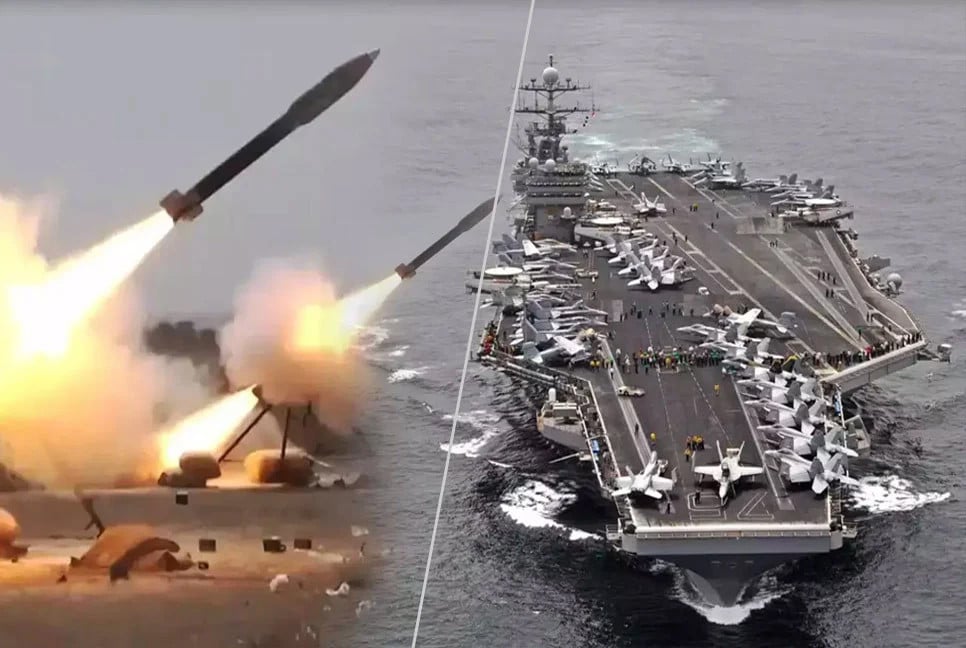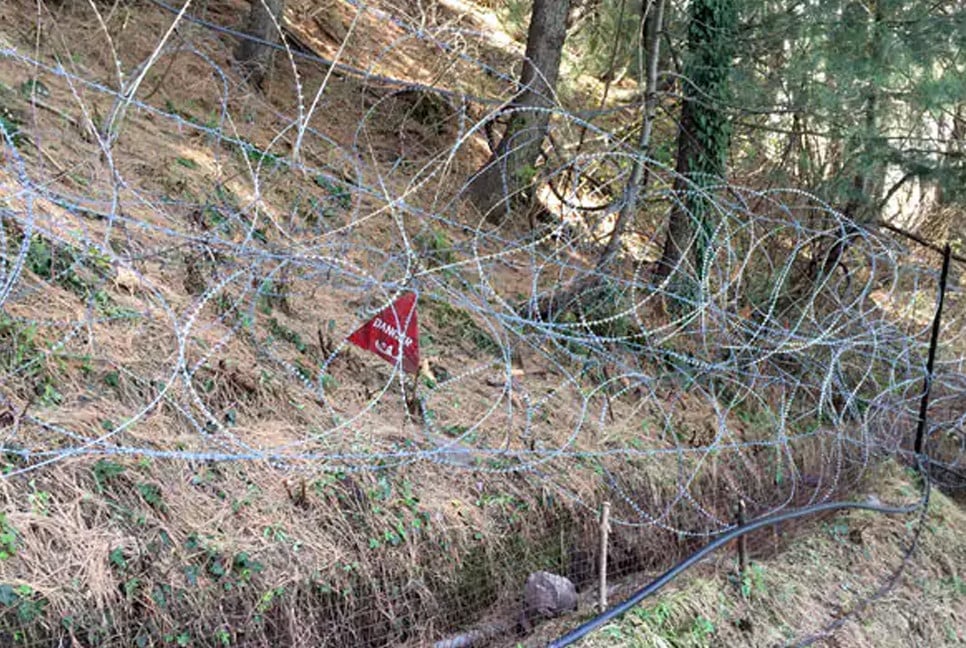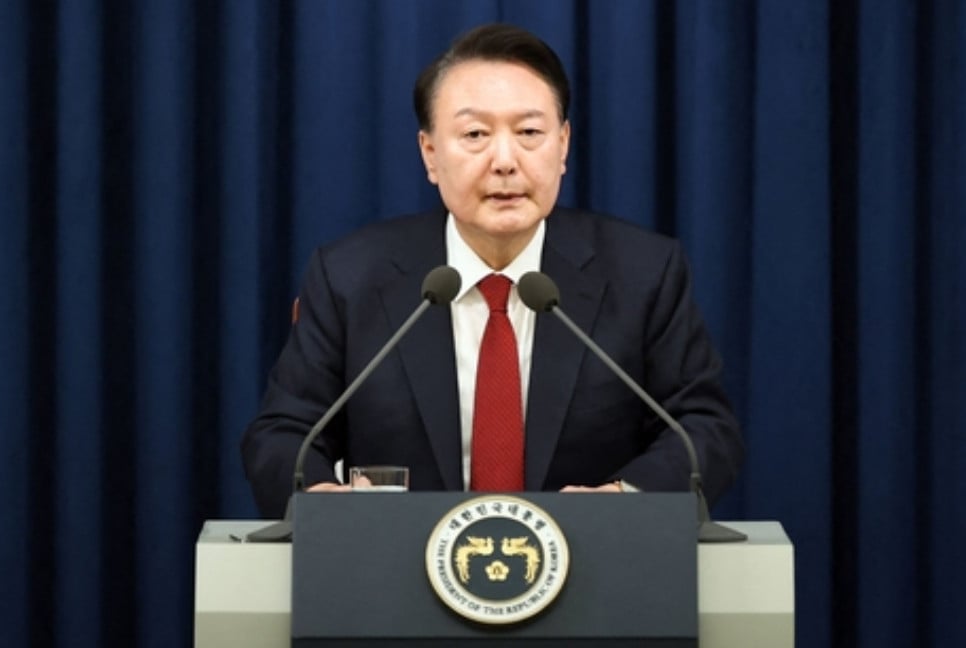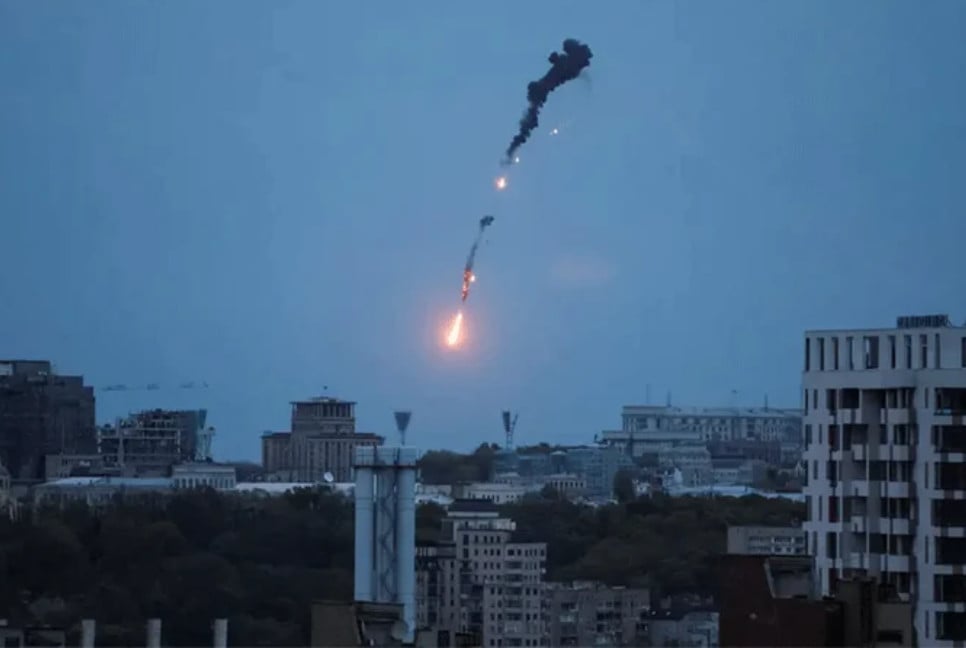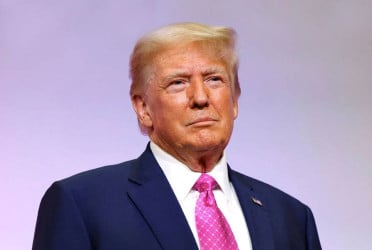The US, European Union and some economically powerful states of west including few members of G-7 are discussing a ban on Russian gold imports.
They’re taking the matter seriously which could be the most significant measure in a limited plan by the bloc to further curb funding for the Kremlin’s war machine.
This proposal was raised in G-7 Summit, held in Bavaria in June, 2022. Prior to voting on this ban proposal, US, UK, Canada and Japan wanted to verify it.
The EU’s high representative for foreign policy, Josep Borrell, said the ban on Russian gold was the most important measure of the latest plan, which is focused largely on “improving the implementation of the already existing sanctions”.
The EU has passed six rounds of sanctions against Russia, but agreeing the last package – an incomplete ban on oil agreed in May – was a bruising experience that revealed stark differences on how far the bloc should go.
The latest measures have been nicknamed the “six and a half package”, in a sign of the limited appetite for further sanctions against Russia.
The EU will ban “the direct or indirect import, purchase or transfer of gold, which constitutes Russia’s most significant export after energy”, reports the Guardian.
Why Russia’s gold is so important?
Russia is one of the world's largest producers of gold, along with China and Australia.
Last year, it mined 314 tons of gold, according to the Russian finance ministry, accounting for nearly 10% of the metal dug up globally, reports Reuters. That gold is worth around $19 billion at current prices. Hence, Westerners want the Russian mining company, banks, and richest people won’t earn hard currencies like dollar, euro or pound by selling gold. The main goal of this measure is to weaken the strength of Russian warhead by limiting their earning sources.
Where did Russian gold exports go before the conflict?
Russian gold miners mainly sold their gold to Russian commercial banks, which typically either sold to the Russian central bank or exported it.
In recent years, the vast majority of Russia's gold was sent to Britain, the world's biggest bullion trade and storage center.
Britain imported $15.2 billion worth of Russian gold last year, UK customs data show. From there, it can be re-exported to other markets.
Russia also sent some gold in recent years to countries including Switzerland, Turkey and Kazakhstan, according to Russian customs data.
So, from the above data it’s clear that their gold mostly goes to the western buyers’ bloc. If there’s an embargo, then it will greatly hamper Russia’s financial strength.
What happened after Russia sent troops into Ukraine?
Since Feb. 24, Russian gold exports to the West have largely stopped.
Western governments sanctioned Russia's main gold-trading banks, including VTB, Otkritie, and Sberbank, and many international banks, refiners and shippers stopped dealing with Russian bullion.
On March 7, the London Bullion Market Association (LBMA) suspended its accreditation of Russian precious metals refiners, barring them from selling new production in London.
Britain imported 29 tons of gold worth $1.7 billion from Russia in February, UK customs data on the U.N. Comtrade database show. In March, the last month for which data was available, Britain imported just 26 kilograms from Russia.
Where does Russian gold go now?
Russia's customs service and central bank have suspended publication of import and export data and information about state gold holdings.
Buyers for Russia's gold now include the country's central bank, people inside Russia who want a safe investment and buyers in Asia, where most countries have not sanctioned Russia, among which there are China and India, who likely to not impose any ban on Russian products.
These two countries are now buying unpurified oil from Russia in low costs. So, its assume that the western ban will not have much effect on them.
Carsten Menke, the analyst commodity broker Julius Baer said, “"[Russia's] gold exports have already been rerouted since the start of the war, flowing eastwards rather than westwards, reflecting self-sanctioning from Western world gold market participants,"
According to him, the implications of a ban on the gold market are likely very limited.
What’s the probable impact of this ban?
This ban could hamper the purchasing and trading capacity of Russia. However, the experts of western bloc thinks, this will close down a profitable market for Russia. So, it may affect the internal industry of Russia in long term.
In essence, it will not affect too much to anyone except the countries who approve this ban, in addition to them who began to plan buying Russian gold or involving in trade with them later on. Some economic experts thin, as the supply in most of the markets is sufficient and the price is fallen, the market may unstable.
Bdpratidin English/Lutful Hoque



